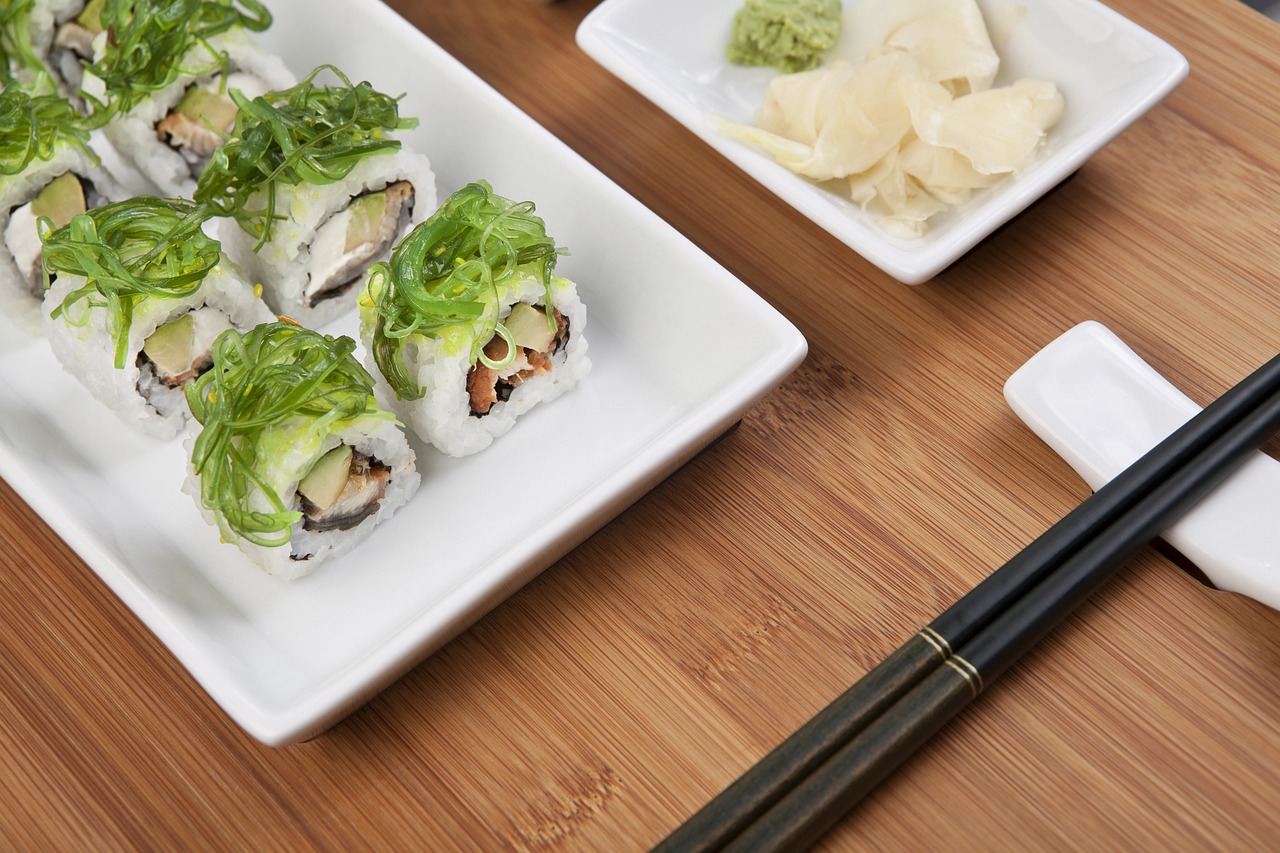Japanese Miso Soup

Japanese Miso Soup is a beloved and iconic dish that holds a special place in Japanese cuisine. This flavorful soup has been enjoyed for centuries, offering a harmonious blend of umami-rich ingredients that tantalize the taste buds and warm the soul. Let's delve into the world of Miso Soup, uncovering its secrets, traditions, and health benefits.
Ingredients Used
When it comes to creating the authentic and flavorful Japanese Miso Soup, several key ingredients play a crucial role in shaping its distinctive taste and nutritional value. Let's delve into the essential components that make up this beloved dish:
- Miso Paste: The heart of Miso Soup, this fermented soybean paste adds a rich umami flavor and depth to the broth.
- Dashi Broth: A fundamental Japanese stock made from kombu (seaweed) and bonito flakes, providing a savory base for the soup.
- Tofu: Soft tofu cubes are commonly added to Miso Soup, offering a delicate texture and a source of plant-based protein.
- Seaweed: Often in the form of wakame or nori, seaweed not only enhances the soup's taste but also contributes essential minerals like iodine.
- Green Onions: Finely sliced green onions are used as a garnish, adding a fresh and aromatic element to the dish.
Each of these ingredients harmonizes to create a symphony of flavors in Miso Soup, balancing salty, savory, and earthy notes that have been cherished in Japanese cuisine for centuries.
Preparation Methods
When it comes to preparing the beloved Japanese Miso Soup, there are traditional methods that have been passed down through generations, ensuring a rich and authentic flavor in every bowl. The process involves a careful balance of key ingredients and precise steps to create a harmonious blend of flavors. Let's delve into the preparation methods that make Miso Soup a culinary delight:
1. Simmering Dashi Broth: The foundation of Miso Soup lies in the flavorful dashi broth, typically made from kombu (dried kelp) and bonito flakes. This broth is simmered gently to extract all the umami goodness, creating a savory base for the soup.
2. Adding Miso Paste: Once the dashi broth is ready, the next step is to add the star ingredient - miso paste. Made from fermented soybeans, miso paste not only enhances the flavor but also brings a depth of complexity to the soup. The amount of miso paste added can vary based on personal preference.
3. Incorporating Tofu and Vegetables: To add texture and nutritional value to the soup, tofu and various vegetables like wakame seaweed and green onions are added. Tofu provides a soft contrast to the broth, while the vegetables contribute freshness and color to the dish.
4. Balancing Flavors: The art of making Miso Soup lies in achieving the perfect balance of savory, salty, and umami flavors. Careful attention is paid to adjust the seasoning, ensuring that every spoonful is a harmonious blend of tastes that dance on the palate.
5. Serving with Care: Miso Soup is traditionally served hot in small bowls, symbolizing comfort and warmth. The presentation of the soup is as important as its preparation, with garnishes like sliced green onions or a sprinkle of sesame seeds adding a final touch of elegance.
Each step in the preparation of Miso Soup is a testament to the intricate culinary heritage of Japan, where simplicity meets sophistication in a humble bowl of soup.
Cultural Significance
The of Miso Soup in Japanese culture runs deep, reflecting the essence of tradition and community. This iconic dish is not just a meal but a symbol of comfort and unity, bringing families together around the table. Let's delve into the cultural significance of Miso Soup:
- Staple Dish: Miso Soup is a staple in Japanese households, enjoyed daily as part of meals for its nourishing and comforting qualities.
- Traditional Ceremonies: In Japan, Miso Soup is often served during special occasions and ceremonies, symbolizing warmth, hospitality, and good fortune.
- Symbol of Comfort: The steaming bowl of Miso Soup represents more than just food; it embodies care, love, and connection, offering solace in times of joy and sorrow.
- Culinary Heritage: Passed down through generations, the art of making Miso Soup carries with it the stories and flavors of Japan's culinary history.
Whether enjoyed as a quick breakfast or part of an elaborate dinner, Miso Soup holds a special place in Japanese hearts, transcending mere sustenance to become a cultural touchstone that binds past, present, and future.
Health Benefits
When it comes to the health benefits of Japanese Miso Soup, it's not just about its delicious taste but also the nourishing properties it offers. Let's dive into the nutritional advantages that make this traditional dish a popular choice for many.
One of the key components of Miso Soup is miso paste, which is a fermented soybean paste. This ingredient is rich in probiotics, beneficial bacteria that support gut health and aid in digestion. By incorporating miso paste into the soup, you're not only adding a depth of flavor but also boosting your digestive system.
Additionally, the dashi broth used in Miso Soup provides a savory umami flavor while offering essential minerals like iodine from the seaweed used in making the broth. Iodine is crucial for thyroid function and overall metabolism, making Miso Soup a nutritious choice for maintaining a healthy body.
Another health benefit of Miso Soup comes from the tofu present in the dish. Tofu is a good source of plant-based protein, making this soup a satisfying and balanced meal option, especially for vegetarians and vegans. The combination of tofu and miso paste in the soup ensures that you're getting a complete protein with all the essential amino acids your body needs.
Furthermore, Miso Soup is often garnished with green onions, which not only add a pop of color but also contribute to its health benefits. Green onions are rich in antioxidants and vitamins, particularly vitamin K and vitamin C. These nutrients play a vital role in supporting immune function and promoting overall well-being.
Incorporating Miso Soup into your diet can also help in reducing the risk of certain chronic diseases due to its nutrient-dense ingredients. The combination of probiotics, vitamins, and minerals in this traditional Japanese dish can have a positive impact on your digestion, immune system, and overall health.
Overall, the health benefits of Miso Soup make it more than just a comforting and flavorful dish. Its nutritional value, coupled with its delicious taste, makes it a wholesome choice for anyone looking to nourish their body and enjoy a taste of Japanese culinary tradition.



 HazalVardal
HazalVardal 





